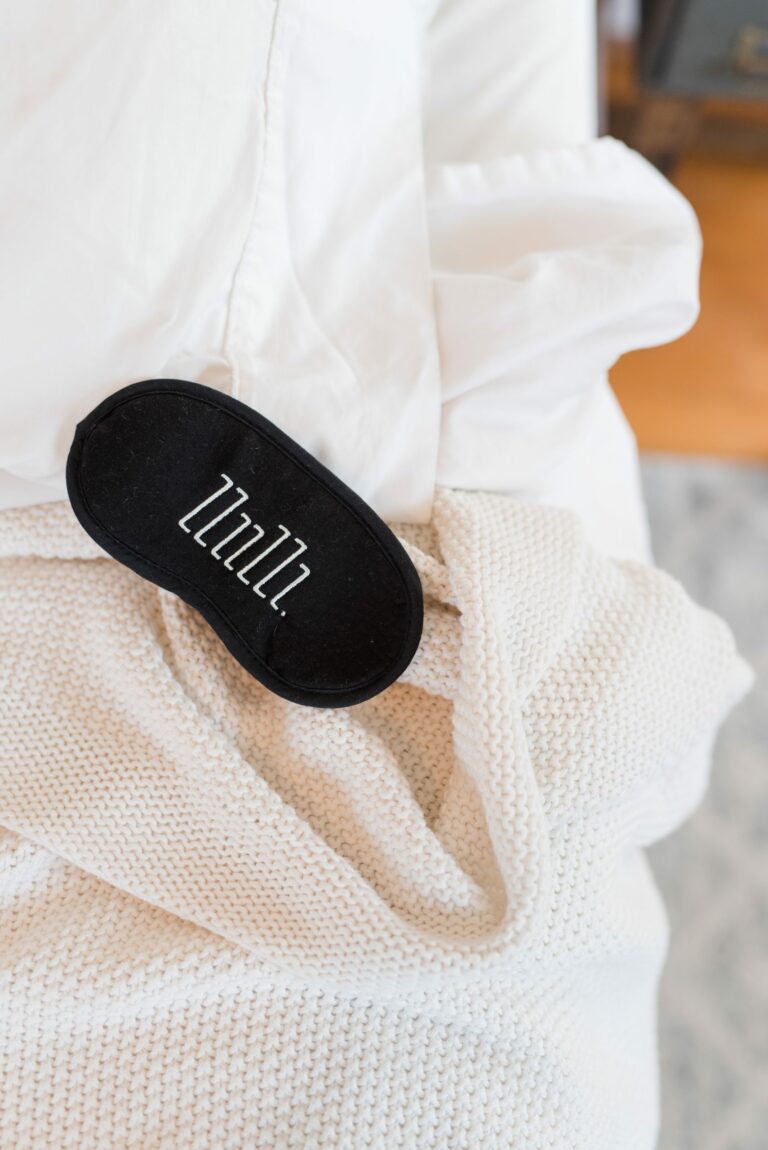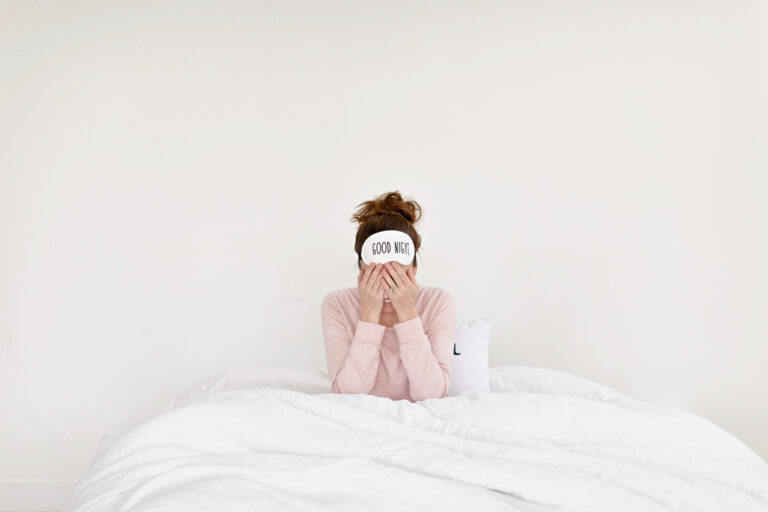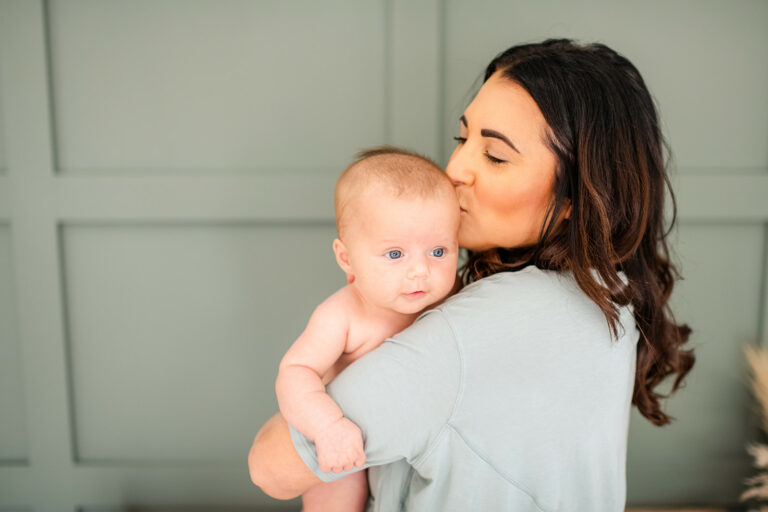The gifts have been open, the sparklers have faded, and the holidays have officially come to an end. While this time of year can feel pretty depressing for many, I actually love turning the page onto a new calendar year. It’s a great opportunity to reflect – both personally and professionally – on the last year and set new goals and intentions for the year ahead. I know at Oh Baby, we have a lot in store which feels equal parts exciting and overwhelming.
One thing I know for sure is that no matter what your 2020 goals are, getting good sleep is going to help you crush them. Have plans to learn a new skill? Sleeping better can help. Want to be more patient with your kids? Good sleep is key. Focused on getting in better shape? Sleeping enough is critical.
I know I’m very biased given my profession, but I promise there is an abundance of scientific research to support the benefits of getting adequate sleep.
LEARNING
We’re all familiar with the fact that we have a hard time focusing on information when we’re running on too little sleep. Absorbing information is only one piece of the puzzle though. Learning and memory are divided into three functions: acquisition, consolidation, and recall. Put simply, you need to receive the information, then you need to form a memory of it, and finally, you need to be able to access it when you’re watching Jeopardy or in a heated debate with your husband!
Acquisition and recall really only take place while you’re awake. Consolidation, on the other hand, takes place during sleep. The overall evidence suggests that adequate sleep each day is very important for both memory and learning.
So even if you manage to focus on what you’re learning while you’re awake, without adequate sleep, that information won’t be properly stored in the brain. When called upon to access it, you’ll find yourself drawing a blank.
I’m a firm believer that learning and education should be a lifelong pursuit, but once we’re out of school, learning becomes substantially more optional. For young kids though, learning is their primary responsibility for the first 18-20 years of their lives. Considering how much they need to retain, the importance of a healthy sleep schedule is hard to overstate.
MOOD
We don’t need a study to tell us that when we don’t get enough sleep, we are more likely to be short-tempered and irritable. However, research from the University of Pennsylvania found concrete evidence to support just that. This study showed that subjects who experienced even partial sleep deprivation reported feelings of anger, stress, sadness, and mental exhaustion. This isn’t exactly new information. We’re all aware that we get very emotional in very negative ways when we’re running on too little sleep. But the question is, why?
Some researchers have suggested that sleep deprivation stimulates activity in the amygdala – the small almond-shaped part of the brain that’s responsible for feelings of anger and fear (among other things.) The exacerbation of these feelings can lead to an overall sense of stress and hostility towards others, which is probably why we lose our cool so easily when sleep deprived. The same is true for children. Studies have shown that children who don’t get the recommended amount of sleep have more difficulty with emotional control and thus experience a wide array of behavior problems. Bottom line is: the more sleep you get, the better you’ll be able to handle your emotions.
HEALTH
We can see how getting enough sleep is essential to learning and emotional wellbeing, but what about some more tangible benefits? Well, short of eating and breathing, you’d be hard-pressed to find anything with more health benefits than getting enough sleep.
Sleep expert and neuroscientist at the National Institute of Health, Dr Merrill Miller, says that sleep services, “all aspects of our body in one way or another: molecular, energy balance, as well as intellectual function, alertness, and mood. Sleep affects almost every tissue in our bodies.”
Adults who regularly get between 7-9 hours of sleep see significantly lower rates of obesity, high blood pressure, stroke, infections, depression, diabetes, inflammation, hypertension, heart disease, heart attacks, and heart failure. They also report higher satisfaction with their sex lives, better performance at work, and take fewer sick days than people who typically sleep less than 7 hours a night.
I hope that I’ve been able to convince you to add “get more sleep” to your list of 2020 goals. After helping more than 100 families get more sleep in 2019, I am convinced that sleep is absolutely critical for health, happiness, and harmony. I want that for you, too.
If you want to sleep better but your little one(s) are making it impossible to achieve, I can help! I have coaching packages for all ages & stages and offer complimentary evaluation calls to answer your questions and discuss the process.
Here’s to a new DECADE of good sleep!













